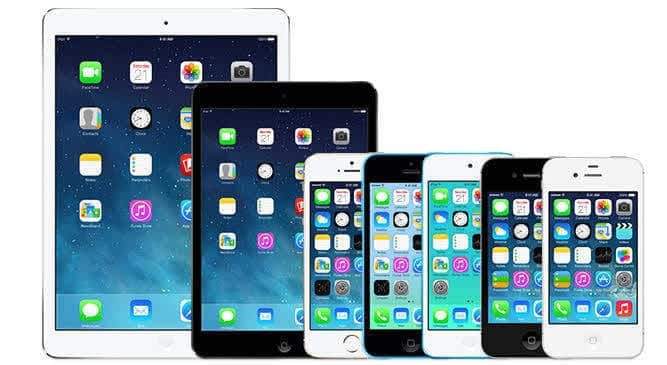If you own an iPhone 5s, for example, were already programmed to buy a newer device with the arrival of iOS 12, stay tuned (and celebrate) – the new version of the operating system was built to be compatible with any and all device that runs iOS 11 today.
As such, the older smartphones, which traditionally would not receive the new update, will remain current for another year. Probably, the iOS 13 will no longer be compatible with the older phones, however.
In addition to compatibility, iOS 12 will still bring performance improvements to older devices, with improvements in opening apps, opening the camera, and operating the keyboard. For example, the iPhones 6 and 6 Plus, for example, will open the keyboard 50% faster, with the camera opening 70% faster when the user accesses it by sliding the finger from the screen is locked.
Such increased performance on older devices is related to how the iOS 12 communicates with older processors. Apple explains that the new OS will tell the device’s chip to speed up application opening more efficiently than it did with iOS 11. On the other hand, iOS 12 will also inform the chip when there is a need to reduce processing speed.
So if the only reason it would change iPhone is a “junk” battery then maybe it’s worth it to only spend on replacing the component in 2024 by upgrading the device to iOS 12 as soon as it’s released, guaranteeing another year of use without a headache. And then, leave to buy another iPhone when the iOS 13 arrive, keeping properly updated.

